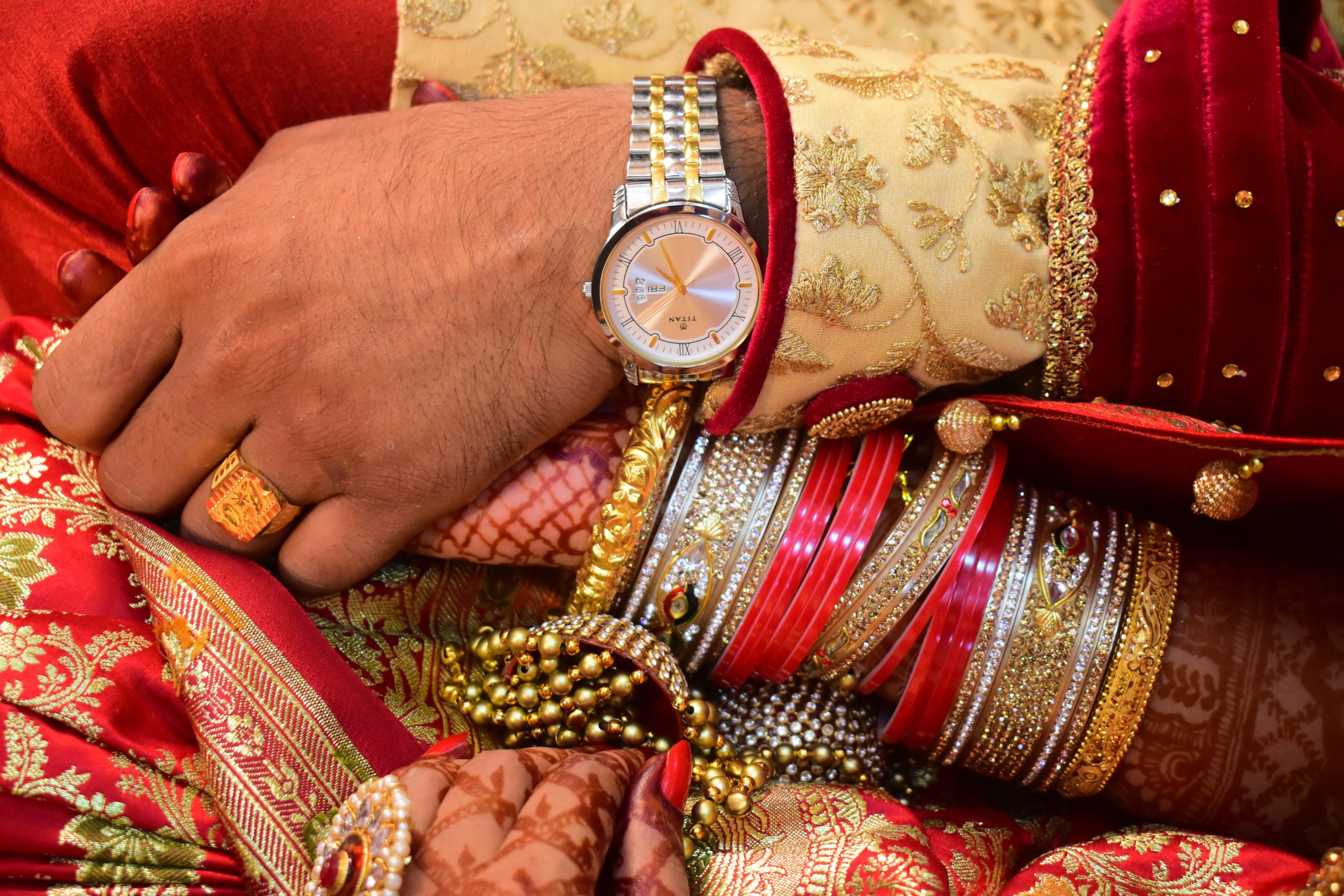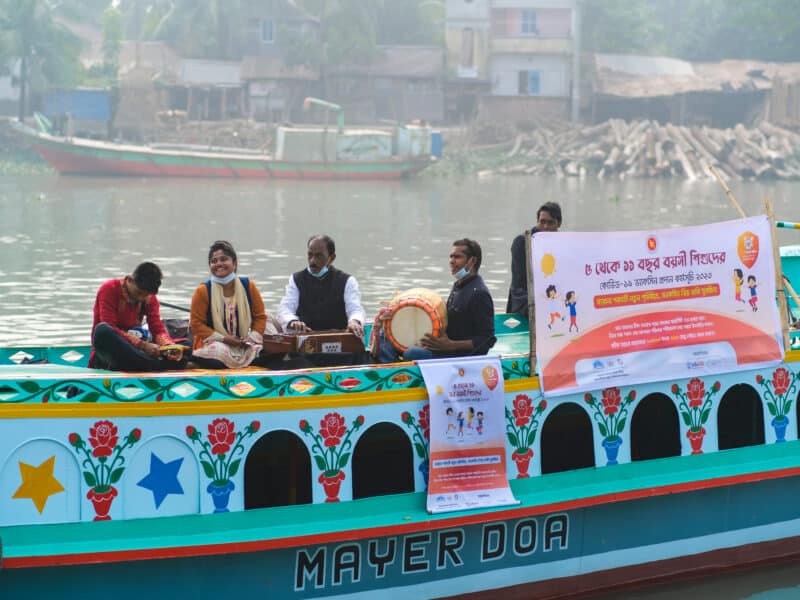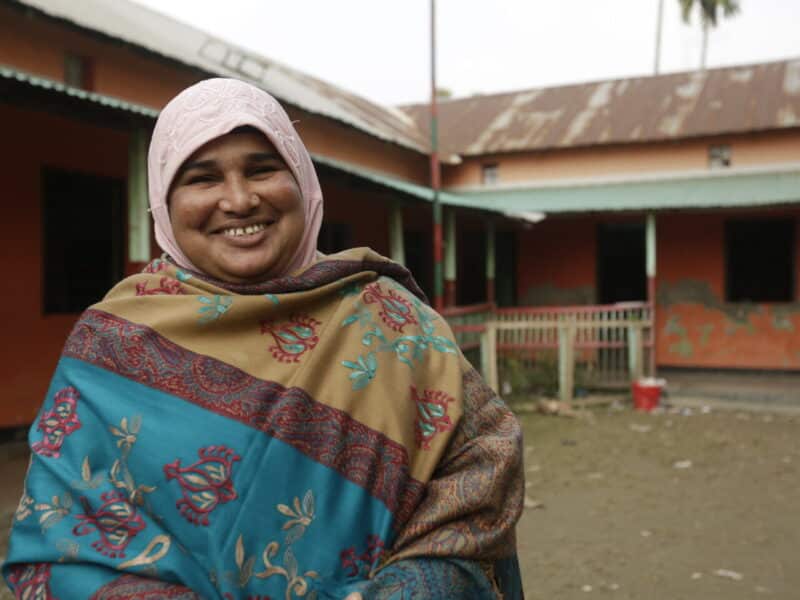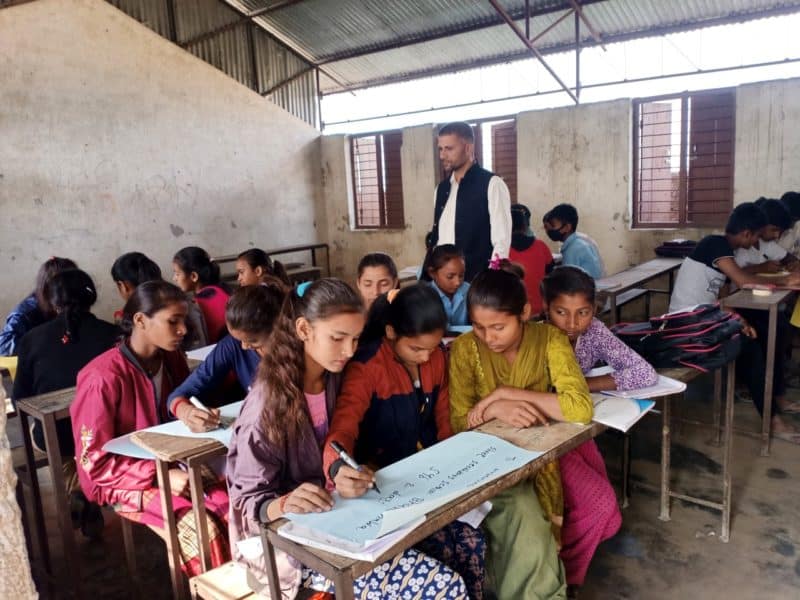In Bangladesh, where more than half the girls are married before their 18th birthday despite the custom of child marriage having been outlawed nearly a century ago, the Johns Hopkins Center for Communication Programs’ Ujjiban project is coordinating an effort designed to put an end to the practice.
Project leaders hope to gather signatures from more than one million Bangladeshis vowing never to condone child marriage and committing to do everything they can to stop others from engaging in this heinous practice.
“This ending child marriage pledge can generate an atmosphere where adolescent girls feel they are not alone and the whole community gets a platform to show they stand with the girls,” says CCP’s Faisal Mahmud, the chief of party in Bangladesh. “As a nation, we can remind families to create safe and healthy environments for girls and boys, to understand the consequences of child marriage and to condemn the practice.”
The pledge – which can be signed on Facebook or in person when COVID-19 lockdowns are lifted – is part of the Actions to Prevent Child Marriage campaign being developed by the USAID-funded Ujjiban project in conjunction with the Bangladeshi government to reduce the number of girls married before age 18 in the South Asian nation.
Worldwide, according to UNICEF, an estimated 650 million girls and women alive today were married in childhood, with about half of those occurring in Bangladesh, Brazil, Ethiopia, India and Nigeria. One of the United Nation’s Sustainable Development Goals is to end the practice by 2030.
Recent research suggests that COVID-19 has led to a spike in child marriages in Bangladesh. “A number of factors that drive underage marriage in stable environments are aggravated during COVID-19,” write the authors of a February study in the journal Child Abuse & Neglect. “Deepening poverty caused by the loss of jobs … is the key factor that drives many families to marry off their offspring early. Traditional attitudes provoke parents to marry off their daughters to alleviate economic hardship and reduce family burden during lockdown.”
The CCP-led campaign against child marriage in Bangladesh harnesses the power of mass media, social media and community outreach. It is being coordinated at the grassroots level to reach local activists, religious leaders, marriage registrars, journalists and young people. Once the lockdowns are lifted, volunteers will be sent to marketplaces and other gathering spots in three Bangladeshi regions – Dhaka, Sylhet and Chattogram – with leaflets highlighting the importance of preventing child marriage and pledges they can sign.
Girls who marry early receive less education, have lower social status in their husbands’ families, report less reproductive control, suffer higher rates of maternal mortality and morbidity and experience domestic violence.
Child marriage is punishable by law, but Mahmud says often officials will look the other way. While government ID or birth certificates are required before a wedding can take place as proof of age, people will frequently present fake documentation.
“Each of us has a responsibility to protect girls from early marriage, to ensure they can complete their education, and reach their full potential, which will also benefit their families, communities and society as a whole,” says Rakhshindah Akhtar, a consultant to CCP on the campaign. “We want to encourage families to appreciate the value of girls and to provide them with all the opportunities to achieve their dreams and aspirations.”





